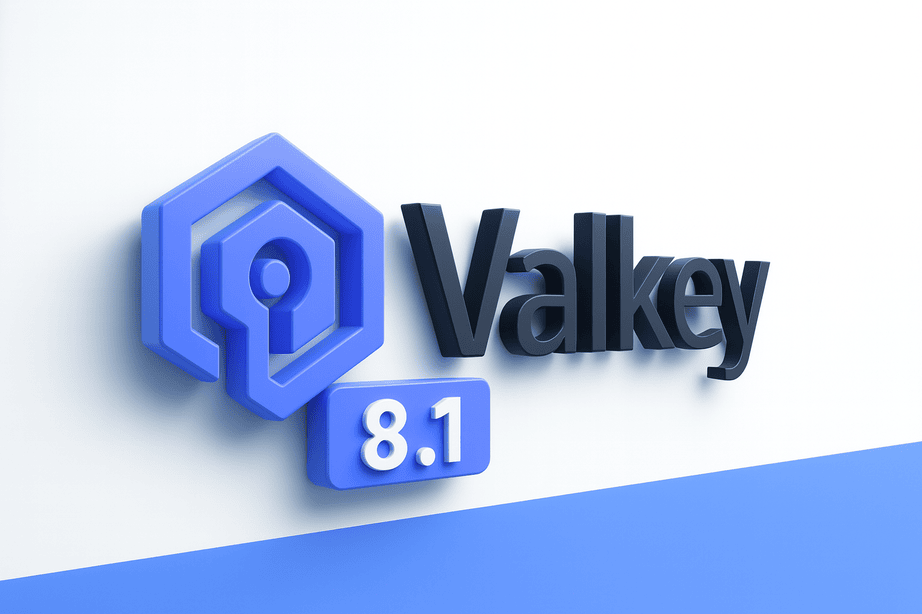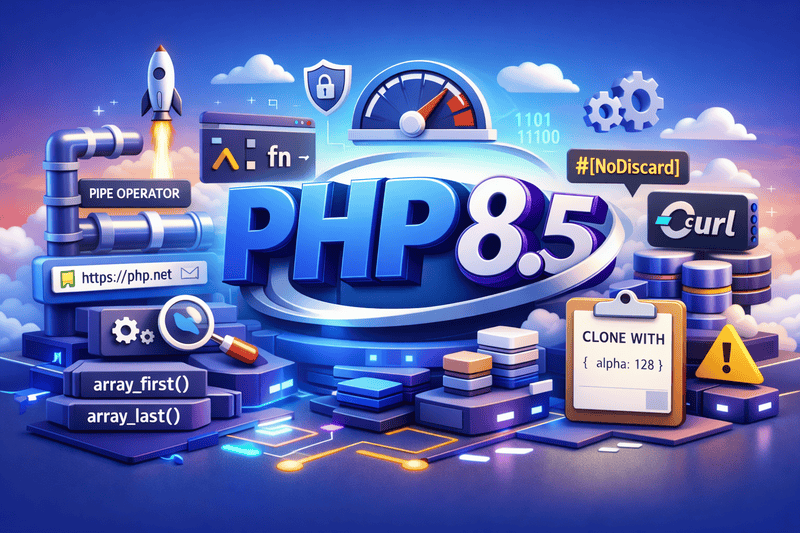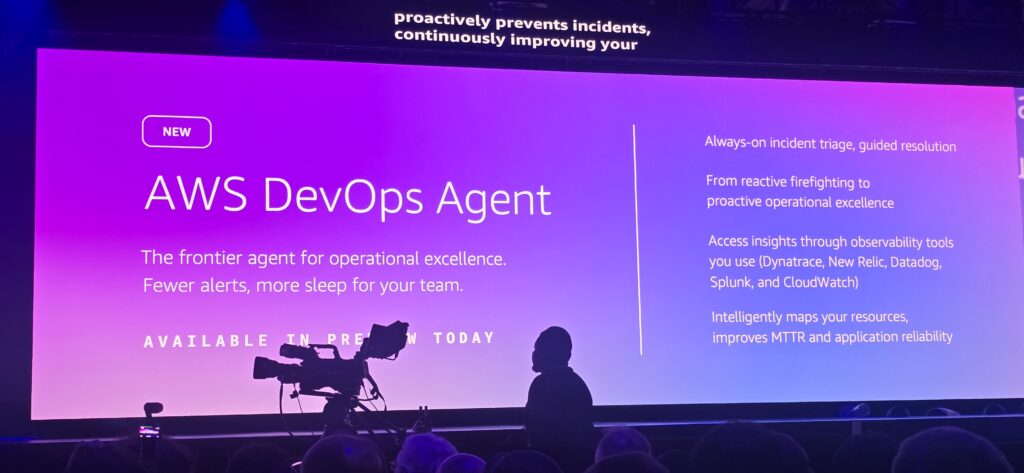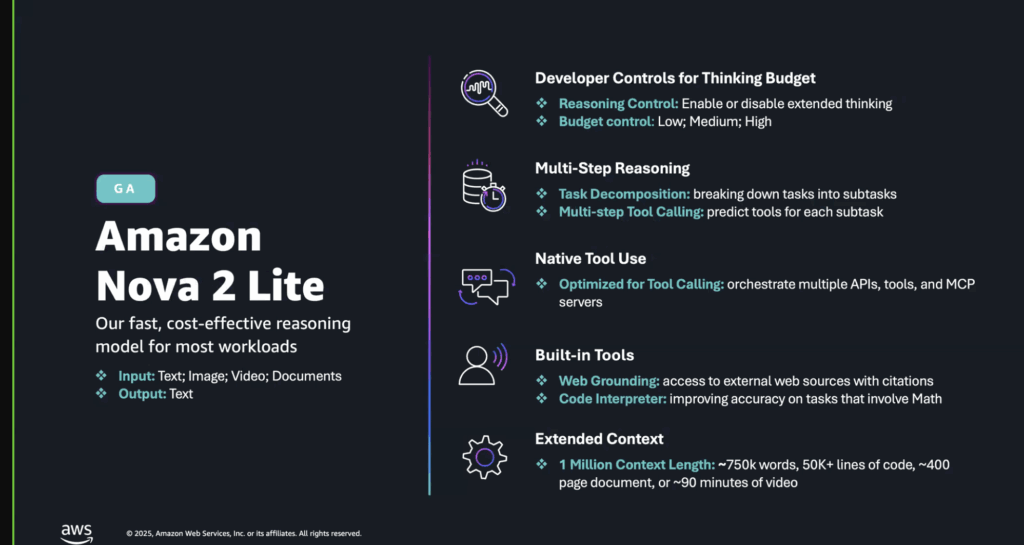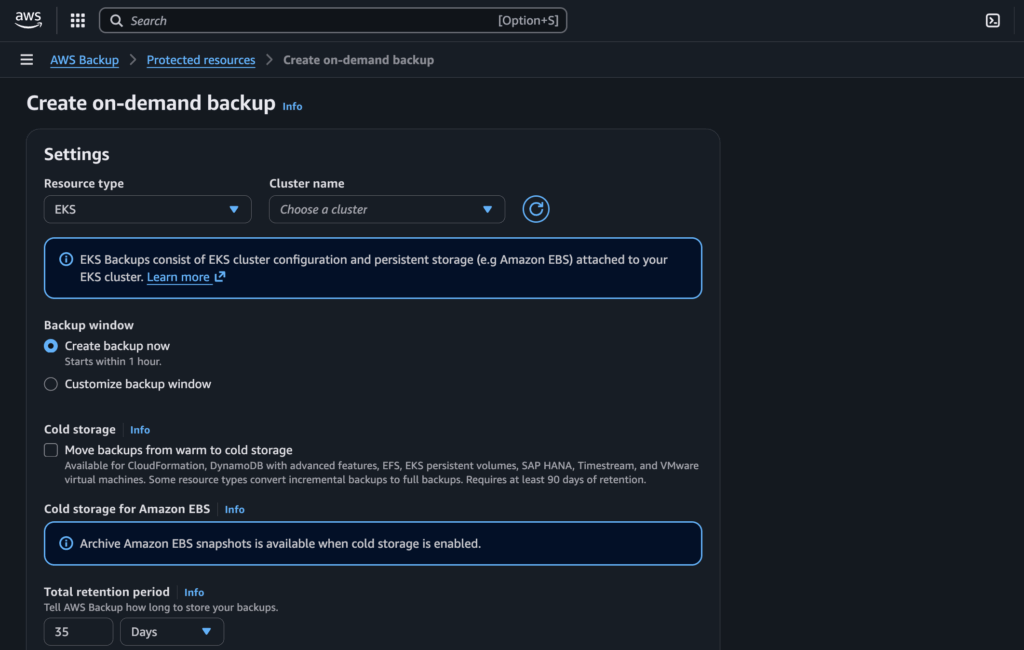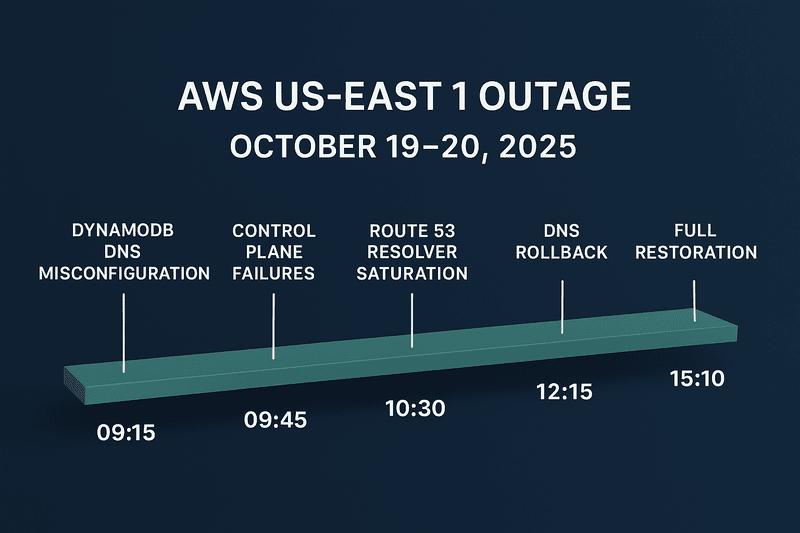Valkey is an open‑source, in‑memory key‑value datastore stewarded by the Linux Foundation and backed by over 40 industry partners, including AWS, Google Cloud, Oracle, and Ericsson (Medium).
It is a fork of Redis OSS (up through version 7.2.4) that retains full API compatibility with Redis clients and data formats. This makes Valkey a drop‑in replacement for Redis, but with open‑source licensing (BSD) and community-led evolution (Wikipedia).
Redis vs. Valkey: What’s Changed?
| Feature | Redis OSS (post‑2024) | Valkey |
|---|---|---|
| License | SSPL / Redis Source Available License | BSD, Linux Foundation governed |
| Governance | Controlled by Redis, Inc. | Open governance by community and supporting cloud vendors |
| API compatibility | Stable until fork point | Full compatibility with Redis OSS 7.2.4 APIs |
| Feature innovation | Gradual, controlled release cycle | Rapid evolution and contributions from many companies |
| Performance enhancements | Baseline for memory‑store workflows | Aggressive improvements: memory‑efficient data structures, observability features |
- Redis switched to source‑available licensing starting March 2024, prompting the community to fork version 7.2.4 as Valkey under BSD terms (Wikipedia, Amazon Web Services, Inc., Amazon Web Services, Inc., AWS Documentation, Wikipedia, Amazon Web Services, Inc.).
- Valkey quickly added threading improvements, efficient hash tables, and community‑led modules and features that weren’t moving upstream in Redis (Amazon Web Services, Inc.).
Why AWS Adopted Valkey & Built ElastiCache Support
- Open source neutrality: After Redis’s pivot to a proprietary license model, AWS aligned with user demand for vendor-neutral software. Valkey offered that path forward (Amazon Web Services, Inc.).
- Cost and performance:
- Serverless Valkey is priced 33% lower than Redis, and node‑based clusters cost ~20% less, with lower memory usage and better performance (Amazon Web Services, Inc., Amazon Web Services, Inc.).
- ElastiCache benchmarks show microsecond latency and the ability to handle up to 500 million requests per second per cluster on Valkey (Amazon Web Services, Inc.).
- Seamless migration: Valkey’s Redis API compatibility means customers can upgrade from ElastiCache for Redis OSS to Valkey with zero downtime and without changing application code (Amazon Web Services, Inc.).
- Collaborative innovation: AWS actively contributes to the Valkey project, helping to introduce new features like Bloom filters, efficient data structures, and observability tools—then offers those industry-grade enhancements via managed ElastiCache (Amazon Web Services, Inc.).
What’s New in Valkey 8.1 (ElastiCache)
Valkey 8.1 includes key enhancements that are now available in Amazon ElastiCache:
- Native Bloom filters: Built‑in support for probabilistic set membership testing using ~98% less memory than Sets, ideal for use cases like avoiding duplicate ad displays or spam filtering (Amazon Web Services, Inc.).
- New hash table implementation: A compact, cache-optimized structure inspired by “Swiss tables” reducing memory overhead by over 20% in common key/value patterns, and yielding up to a 10% throughput boost when pipelining (Amazon Web Services, Inc.).
- COMMANDLOG feature: Logs large requests and responses (above configurable thresholds), providing observability to uncover latency bottlenecks or traffic anomalies (Amazon Web Services, Inc.).
Additional features:
- Hash table memory reductions deliver up to 40% lower memory usage on node‑based clusters compared to earlier versions (Amazon Web Services, Inc.).
- Serverless caches now scale in minutes to 5 million requests/sec, up to 5× faster than Valkey 7.2, with microsecond read latency (Amazon Web Services, Inc.).
Why Upgrade?
- Lower total cost of ownership: Less memory usage + more efficient engine = fewer nodes needed, and lower AWS pricing tiers.
- Better performance at scale: Faster lookups, smarter data structures, optimized pipelining.
- Built-in observability: COMMANDLOG gives insight into traffic patterns, enabling proactive tuning.
- Zero‑downtime migration: Seamless transition from Redis OSS without code changes.
Final Thoughts
Valkey is the natural progression of Redis OSS in a world where open-source governance, performance, and community innovation matter. AWS’s integration of Valkey into Amazon ElastiCache ensures secure, scalable, high‑performance caching that’s both cost-efficient and future‑proof.
With version 8.1 live today across all AWS regions, it’s easier than ever to take advantage of space‑efficient Bloom filters, memory‑optimized hashing, enhanced observability, and smooth migrations—all fully managed and backed by AWS’s reliability and security (Amazon Web Services, Inc.).
✅ Getting Started
- Open the AWS Console, CLI, or SDK.
- Choose Amazon ElastiCache → Engine: Valkey → Version 8.1 (serverless or node‑based).
- Migrate from Redis OSS with zero‑downtime using ElastiCache upgrade tools.
- Explore new data types (like
BLOOM.ADD,BLOOM.EXISTS) and set up COMMANDLOG parameter thresholds via parameter groups. - Monitor memory usage, throughput, and request latency—Valkey 8.1 gives you observability and savings in one package.
Valkey 8.1 is a leap forward—unlocking performance, efficiency, and open-source collaboration in your in-memory workloads.

